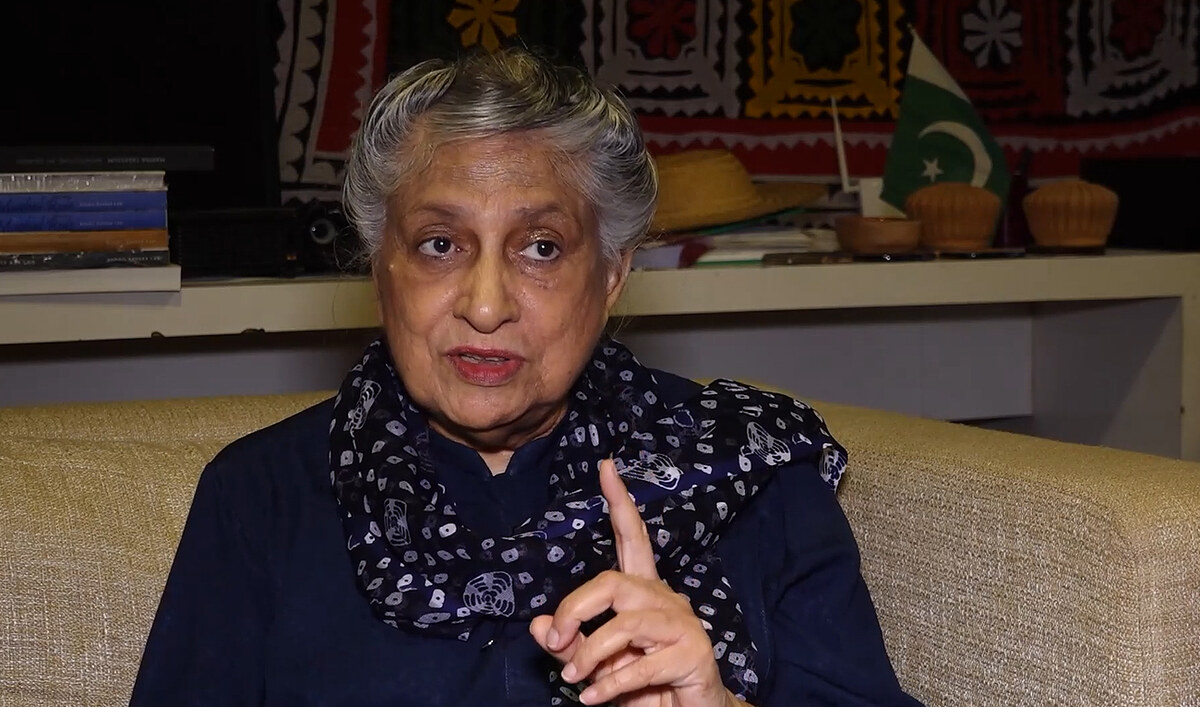ISLAMABAD: A delegation of the Asia Internet Coalition (AIC) met Prime Minister Shehbaz Sharif on Wednesday to discuss data protection and prevention of electronic crimes in Pakistan, his office said, while his government continues to face criticism for banning social media platform X throughout the country.
Pakistani authorities banned X on Feb. 17 after protests swept the country over rigging allegations in the general election held earlier this year. The government defended the “legitimate” ban in court, saying it was aimed at addressing the country’s national security concerns.
The AIC is a body that brings together major technology firms such as Google, Facebook, Twitter, Amazon, Apple, and others to collaborate on matters related to Internet regulations, data privacy, online content regulations, cybersecurity, and other policy areas that impact the digital economy.
A three-member delegation of the body, led by its Managing Director Jeff Paine, met PM Sharif in Islamabad.
“In the meeting, strategy regarding data protection, code of conduct related to Internet content and prevention of electronic crimes was discussed,” the Prime Minister’s Office (PMO) said.
The delegation informed Sharif about AIC’s services in information technology in Pakistan.
Sharif appreciated AIC’s role in promoting IT and Internet infrastructure in Pakistan and the Asia Pacific region. The premier said his government was taking strong steps to provide fast and uninterrupted Internet in the country.
Sharif stressed that his government was also working to promote an artificial intelligence-based infrastructure in Pakistan.
“We are determined to make Pakistan a prominent country in the region in terms of artificial intelligence infrastructure,” Sharif was quoted as saying by the PMO. “The entire system is being digitized under the Government’s Digital Pakistan Initiative.”
Digital rights activists have criticized Pakistani authorities for suspending Internet and telecommunication services frequently in the past.
Pakistani authorities suspended mobile data services across the country minutes before voting began on Feb. 8. The move was seen by political experts and rights activists as an effort to keep opposition voters from getting information or coordinating activities.
However, Pakistan’s interior ministry responded that it opted for the communication blockade as a security measure after at least 28 people were killed in two explosions in southwestern Pakistan on election eve.
In June, Pakistan announced it was installing a national firewall to filter and block “propaganda and unwanted content” online, enhance its capacity to protect digital data from hackers and ensure cybersecurity.
The government had emphasized the measure was not aimed at curtailing dissent on social media. However, rights experts warned that the Internet surveillance mechanism can become a threat to privacy and freedom of expression.


















